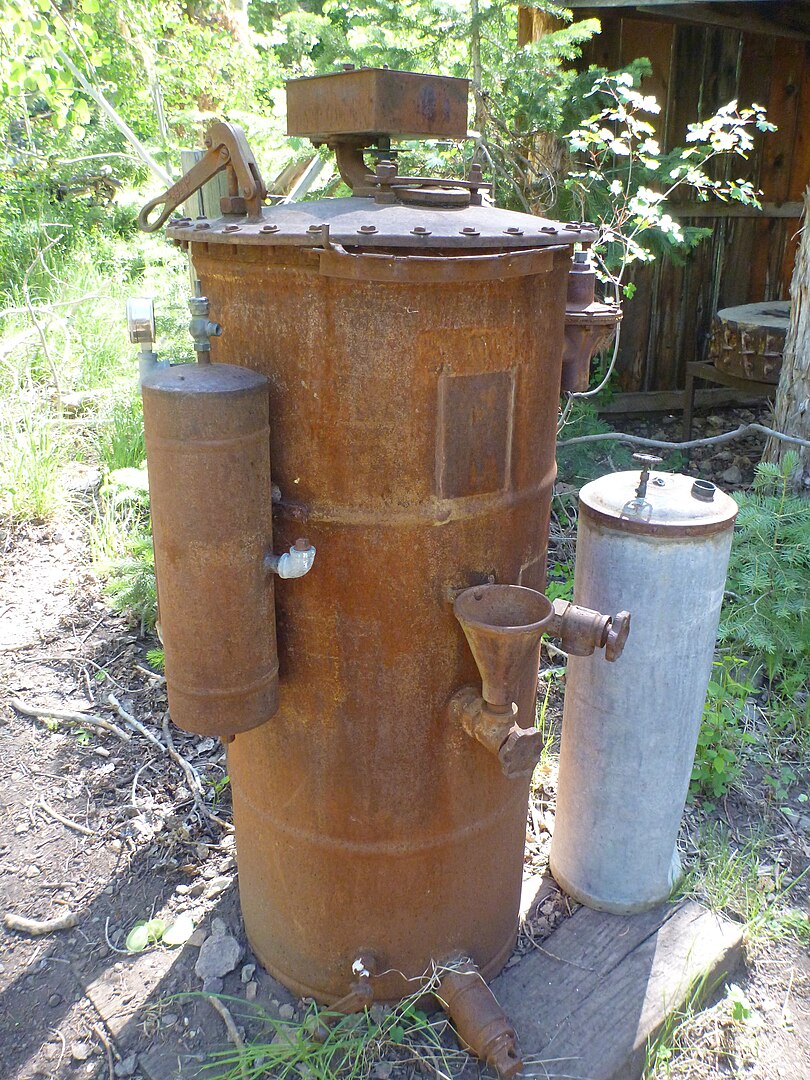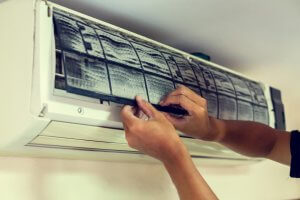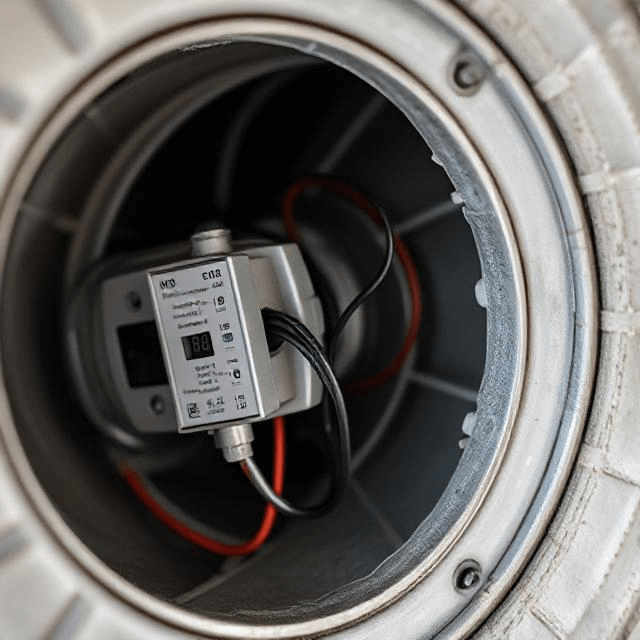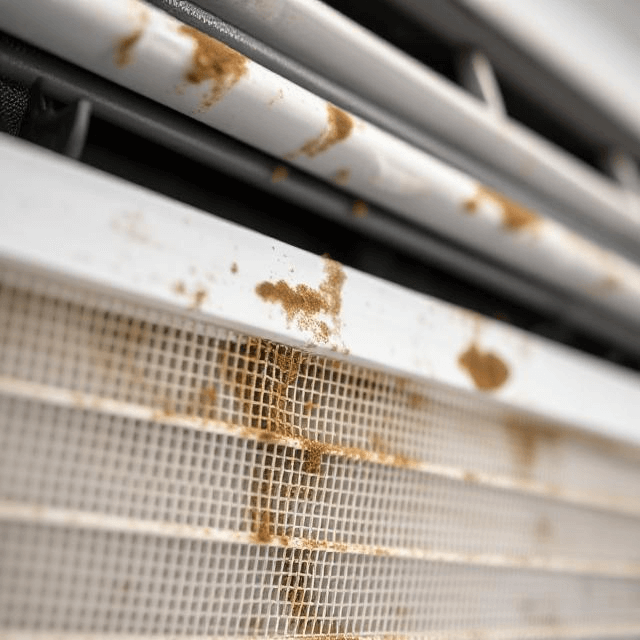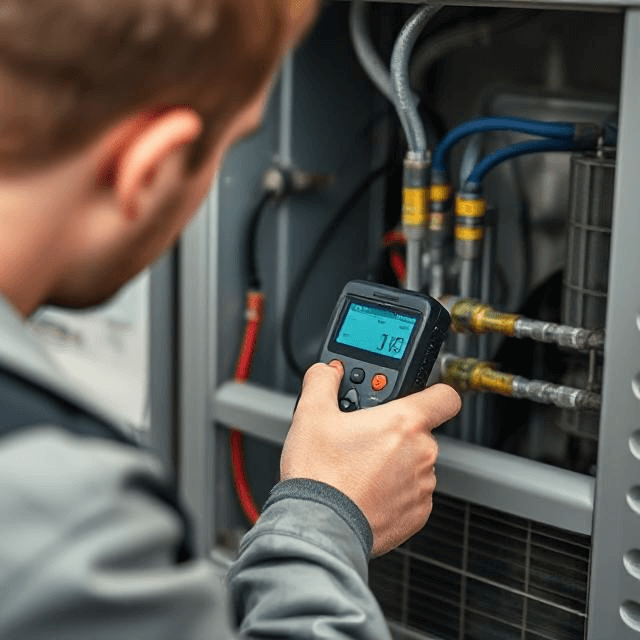Boilers accumulate soot, debris, and other impurities over time that can significantly hamper their performance. Cleaning them might seem straightforward, but it’s a process where things can quickly go awry. At Season Control HVAC, we believe in offering top-notch services, and this guide will shed light on the boiler cleaning process.
Note that while the DIY spirit is commendable, specific tasks require the meticulous touch of professionals, especially regarding appliances as intricate as your home’s boiler.
Before cleaning your boiler…
- Disconnect power and fuel
Boilers are powered by electricity and fuel. Ensure both are shut off before starting. The power switch is typically found on a red switch plate near the boiler, while the fuel shut-off varies between oil and gas boilers.
- Allow it to cool off
Don’t rush. Wait until the boiler is cool to touch. This might take several hours, but it ensures your safety.
- Access the combustion chamber
The combustion chamber door, usually on the boiler’s front, needs to be opened. It’s typically held in place by a nut. Always keep this nut safe; it’ll be pivotal during reassembly.
How to clean your boiler system
To clean your boiler system, open the combustion chamber, remove soot using a wire brush and vacuum, and replace the oil filter if applicable. Afterward, reassemble everything and restore power and fuel connections. For best results and safety, consider seeking assistance from heating professionals like Season Control HVAC.
Let’s dive deeper:
1. Clean any soot in the combustion chamber
You can scrape off soot from the combustion chamber walls using a wire brush. Soot is a boiler’s silent enemy. Left unchecked, soot can cause corrosion, affecting the boiler’s lifespan.
Post-scraping, a powerful industrial shop vac comes in handy to vacuum away the residual soot.
2. Change the filters
Replace the old oil filter with a new one. This step is essential to prevent potential clogs which can hinder the oil-burning process, leading to malfunctions.
3. Close the combustion chamber
Once everything’s clean, it’s time to shut the combustion chamber door. Ensure the nut is tightly secured.
4. Reconnect and power up
If you’ve disconnected them earlier, reconnect the power and fuel lines. Reactivate the electrical power and fuel supply. While doing so, ensure there’s no trapped air in the fuel line.
When trusting HVAC professionals makes sense
The boiler cleaning process, while seemingly direct, is filled with nuances that can make a significant difference. Mistakes can be costly, both in terms of repairs and compromised performance.
At Season Control HVAC, our team is trained to handle such intricate tasks, ensuring:
- Safety: We prioritize both your and our team’s safety.
- Efficiency: A professionally cleaned boiler operates optimally, ensuring you get the most out of your appliance.
- Peace of Mind: Knowing seasoned experts are handling your boiler means you can rest easy.
Moreover, if anything goes awry, which seldom happens under our watch, we are equipped to handle it promptly, saving you both time and potential expenses.
Final thoughts
While tackling household chores is empowering, some tasks are best left to the professionals. A boiler’s performance and longevity are at stake when cleaning it. Why take a risk?
Let the experienced hands at Season Control HVAC ensure your boiler’s pristine condition, optimal performance, and a warm home for years. Contact us today!
FAQs
The optimal way to clean a boiler involves shutting off power and fuel, letting it cool, scraping soot from the combustion chamber with a wire brush, changing the air filter if it’s oil-powered, vacuuming residual soot, and then reassembling and restoring connections. Professional assistance ensures thorough and safe cleaning.
To flush sediment, turn off the boiler and let it cool. Attach a hose to the drain valve, open it, and let water and sediment flow until the water runs clear. Refill the boiler afterward. Always check the boiler’s manual or consult a professional for specifics.
Boilers should ideally be cleaned annually to ensure efficiency and longevity. Those with heavy usage or in areas with hard water might require more frequent cleaning. Regular professional maintenance can provide specific guidance.



